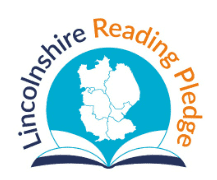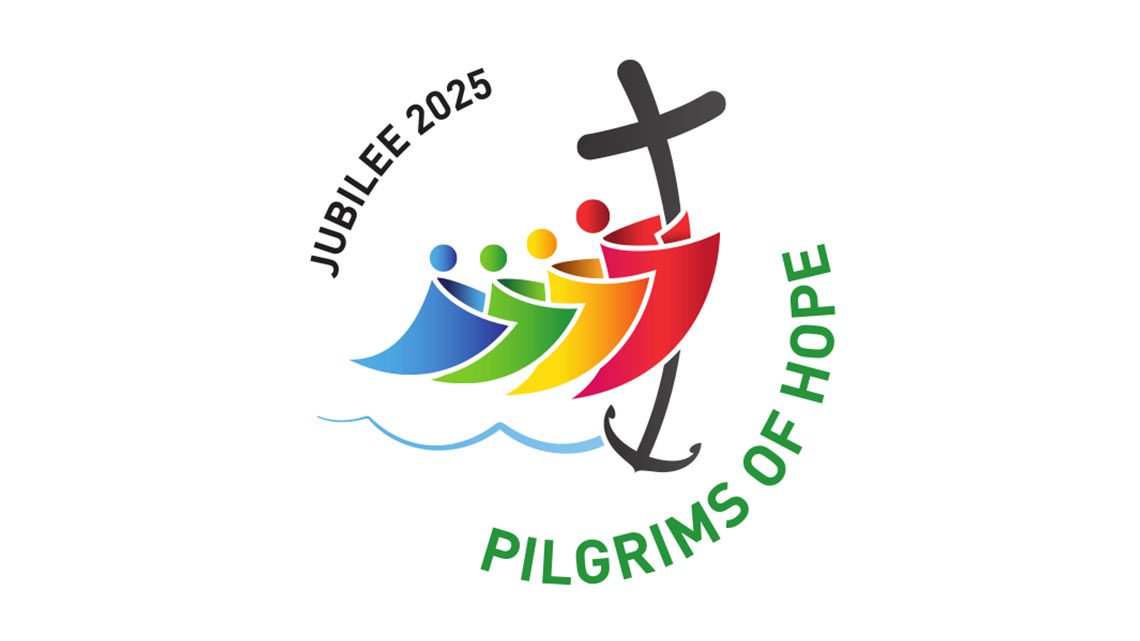Welcome to Geography at St Augustine’s
The purpose of Geography is to inspire pupils with curiosity and fascination about the world and its people that will remain with them for the rest of their lives. To equip pupils with knowledge of diverse places, people, resources, natural and human environments, together with an understanding of the Earth’s key physical and human processes.
Click here for: Geography Skills Progression Map
Click here for: Geography Substantive Knowledge 24 25 Year A
Click here for: Geography Substantive Knowlege 25 26 Year B
Click here for: Primary National Geography Curriculum information from gov.uk
Intent
At St. Augustine’s lessons are planned sequentially across year groups to enable coherent and logical progression of key concepts with particular attention to what has come previously and what will come next. The content allows for a broader, deeper understanding of the four areas of geography identified in the curriculum. It will develop contextual knowledge of the location of globally significant places and understanding of the processes that give rise to key physical and human geographical features of the world, along with how they bring about variation and change over time. We intend to develop pupil’s curiosity and a fascination of the world and its people that will remain with them for the rest of their lives. The units offer a range of opportunities for investigating places around the world as well as physical and human processes. Our curriculum is intended to improve pupil’s geographical vocabulary, map skills and geographical facts and provide opportunities for consolidation, challenge and variety to ensure interest and progress in the subject.
Implementation
In KS1, pupils begin to use maps and recognise physical and human features to do with the local area, building to using maps to explore the continents and oceans of the world in Year 2. Further, in Year 2, pupils begin to compare where they live to places outside of Europe and ask and answer geographical questions. In KS2, map skills are developed further using digital maps, atlases, globes, keys and symbols and pupils begin to use fieldwork skills to identify physical and human features within the local area. Through revisiting and consolidating skills, our pupils are able to build on prior knowledge alongside introducing new skills and challenge. All pupils expand on their skills in local knowledge, place knowledge, human and physical geography, geographical skills and fieldwork. Across both key stages, pupils have a range of opportunities to experience geography through practical engaging tasks beyond the classroom. Key words are referred to through our topic knowledge organisers through each unit of work, to deepen their geographical knowledge.
Impact
We believe that the basis of our curriculum will provide a deep understanding of geographical knowledge and skills. We provide opportunities for our pupils to build on prior knowledge and skills over time, whilst enabling them to rehearse and reinforce prior learning. All pupils will use geographical vocabulary accurately and understand the different strands of geography, with a deep understanding of the Earth’s key physical and human processes. Pupils will begin to make relevant links from geography to other curriculum subjects, such as history, maths and science. They will improve their enquiry skills and inquisitiveness about the world around them, and their impact on the world. All pupils will realise that they have choices to make in the world, developing a positive commitment to the environment and the future of the planet. Pupils will become competent in collecting, analysing and communicating a range of data gathered. They will be able to interpret a range of sources of geographical information and they will communicate geographical information in a variety of ways. All pupils in our school will be able to speak confidently about their geography learning, skills and knowledge.









